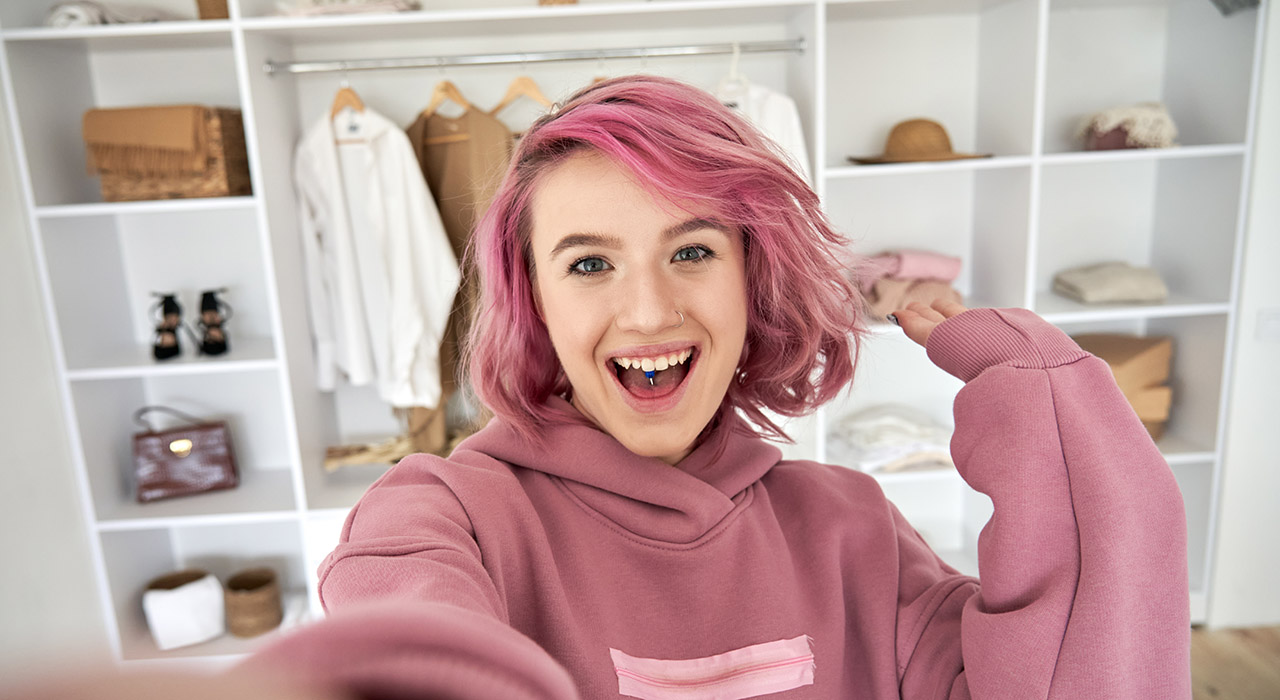As AI continues to take the world by storm, the rise of virtual influencers is revolutionising the creator economy.
Case in point: Aitana Lopez, an AI influencer, is clinching one brand deal after another with companies like Prada, Calvin Klein, Samsung, and YouTube.
We spoke to Steve Howling, Crowd’s Global Creative Director, about his views on AI influencer marketing.
Brands are increasingly moving towards building avatars and virtual influencers. Do you think agencies will follow suit?
100%. If you think about it, creating virtual influencers is no different to creating the traditional brand mascot. Whether it is Tony the Tiger for Kellogs Frosties, Aleksandr the Compare the Market meerkat, marketers have routinely been instilling real personalities into unreal characters to help tell their story, and build their audience. Creating an AI avatar is the same principle but with different technology. The trick is creating a personality that the audience will want to engage with.
Should brands dispense with real influencers fully?
No. As with any marketing campaign there should always be a mix. AI influencers are still a relatively new thing, so real people can still make a huge impact. Over the past year we’ve seen several of our clients enjoy traction with real influencers, so we’d never suggest completely moving away from the traditional approach - but it always depends on the client and their goals.
What are the benefits of AI influencers versus real ones?
To put it simply, humans can screw up. Real celebrities and influencers expose brands to potential damage caused by their negative actions. An AI influencer won’t be cancelled for something it did in the past. It won’t fall out of a night club, and it won’t miss a plane for an important shoot. Creating their own influencers gives brands the capacity to develop and maintain brand messaging and integrity.
Another benefit is to consider how time consuming and costly it is to create content with real influencers. Virtual properties help minimise the number of people involved and allow brands to create content in as many languages and variables as possible.
What are the cons of AI influencing?
Although the technology is getting better and better, the key is always doing it for the right reason. There have been scenarios where health and fitness brands have tried using AI, but it failed due to consumers not relating to the perfect image they portray. As with any campaign, you have to get the story right, so rushing into the tech before you understand its purpose is always the biggest issue.
How does Crowd plan to optimise AI influencers and avatars for clients?
As I mentioned earlier - it's only worth pursuing an AI avatar if it fits in with your brand story. So for the clients it does work for, we’re starting to develop AI personalities and content alongside real influencers and creators.
For me, there’s a very simple rule for AI influencers - the story always has to be a human one, even if it’s delivered by AI.
Have a project that could use AI expertise? Get in touch.

